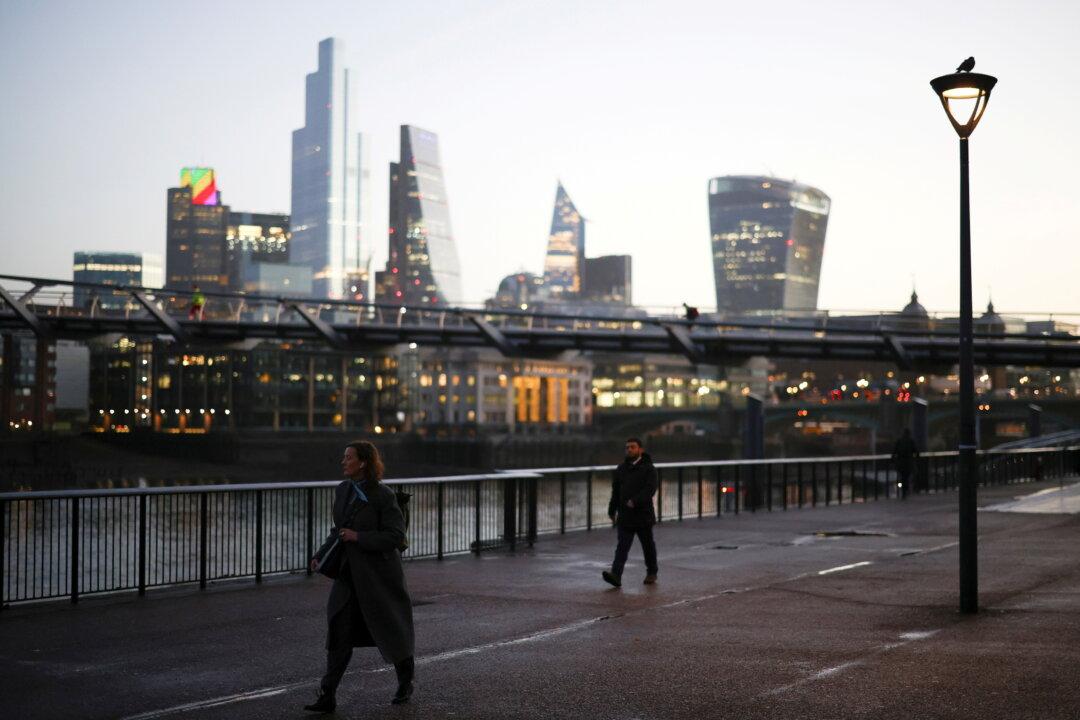On Dec. 16, London will go into the toughest tier of England’s CCP virus restrictions, the government said on Monday as one of the world’s wealthiest cities struggles to contain the disease.
Health Secretary Matt Hancock also said more than 1,000 cases of a new variant of the virus had been identified, mainly in southeast England where the variant may be associated with a rapid rise in infection levels.





